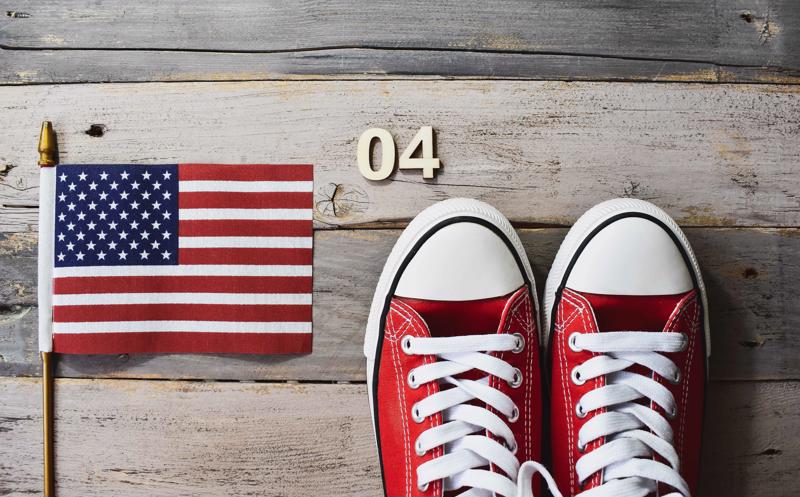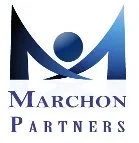
Adjusting to the revamped H-1B lottery process
The H-1B work visa program is an essential tool for employers in hyper-competitive fields that demand professionals with precise skill sets, who aren't always available in the pool of U.S. domestic labor. It's particularly important to those operating in various segments of the tech sector. In recent years, navigating the strictures of the initiative's regulations has become more difficult, due in large part to the federal government's hard-line immigration policy stances under the current presidential administration.
New changes to the application process for H-1B visas – some of them first announced in late 2019, others in January and February of 2020 – by no means make it impossible to use the program and sponsor foreign workers for vital roles. But the revamped system will require a fair bit of getting used to. With this in mind, we've outlined exactly what will be different about the latest H-1B lottery and how businesses can enter it with the greatest chances for success.
Basics of the H-1B program and its evolution
Since its debut in 1990, there has always been a lottery process for the H-1B program. Foreign nationals with skills in specialized fields including engineering, law, IT, health care and the hard sciences, typically working in concert with the U.S. businesses hoping to hire them, submit applications to be considered for the 85,000 work visas that are available through the lottery. While 20,000 are reserved for applicants with master's degrees or doctorates, the remaining 65,000 can go to anyone who completes the application process correctly.
There are also several exemptions to the cap requirement that have historically brought the total number of H-1Bs awarded per year up to anywhere between 95,000 and 120,000. However, in recent years – arguably, but not definitively, due to the current political climate – USCIS has adhered to the cap as closely as possible.
The new process
For H-1B visas applicable to the 2021 fiscal year, USCIS announced it would accept applications between March 1 and March 20. This cycle of lottery registration will be the first one in the history of the program to be handled through an online interface, which can only be accessed by creating an account with USCIS. With the window for application submission opening up in less than a week, it behooves any business that has not already set up such an account to do so immediately – even considering the fact that competing organizations may not actually start submitting visa petitions until the second day of the period (the first day, March 1, falls on a Sunday).
USCIS now charges a $10 non-refundable registration fee for every application filed by all organizations, as well as those filed directly by prospective H-1B visa holders. Additionally, Global Mobility Review noted that any business submitting an H-1B application can only do so once for each individual professional it aims to sponsor. Duplicate submissions for a single prospective visa holder will lead to the invalidation of all of them.
Making the most of the new system
According to TechCrunch, one of the benefits of the online application system is that it eliminates some of the up-front costs historically associated with the H-1B process: namely, it's now unnecessary to pay various legal fees before company leaders have a guarantee that the workers whose applications they filed even made it through the lottery. (After the application window closes, USCIS stated that it intends to send notifications of lottery success no later than March 31.)
Once prospective visa holders have passed that particular threshold, businesses hoping to hire them then have 90 days to file full-fledged H-1B petitions, and this will accrue some expenses: Generally, these will fall somewhere between $1,500 and $3,000 for the average small- or medium-size business, and if you add $1,440 for premium processing, USCIS will expedite your petition so it takes no longer than 15 days.
It will be in the interest of every company that hopes to fill critical roles using H-1B visa holders to consult an experienced immigration attorney before starting to file visa applications and throughout the following stages of the process. Additionally, working with an experienced tech staffing agency that has a history of properly handling H-1B issues can further increase firms' chances of getting the elite talent they seek.
